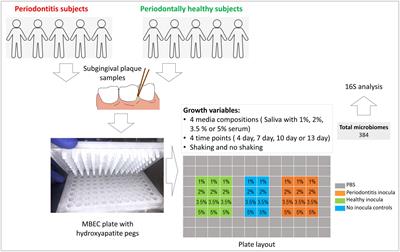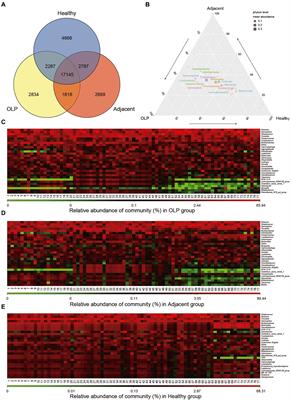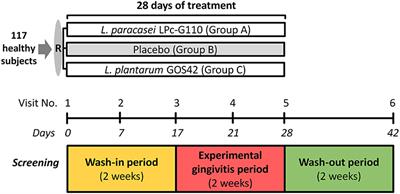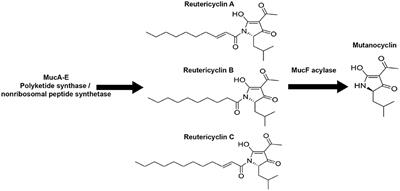ORIGINAL RESEARCH
Published on 03 Nov 2022
Optimization of conditions for in vitro modeling of subgingival normobiosis and dysbiosis

doi 10.3389/fmicb.2022.1031029
- 1,527 views
- 1 citation
3,907
Total downloads
15k
Total views and downloads
ORIGINAL RESEARCH
Published on 03 Nov 2022

ORIGINAL RESEARCH
Published on 20 Oct 2022

ORIGINAL RESEARCH
Published on 30 Mar 2022

ORIGINAL RESEARCH
Published on 07 Jan 2022

ORIGINAL RESEARCH
Published on 05 Oct 2021

